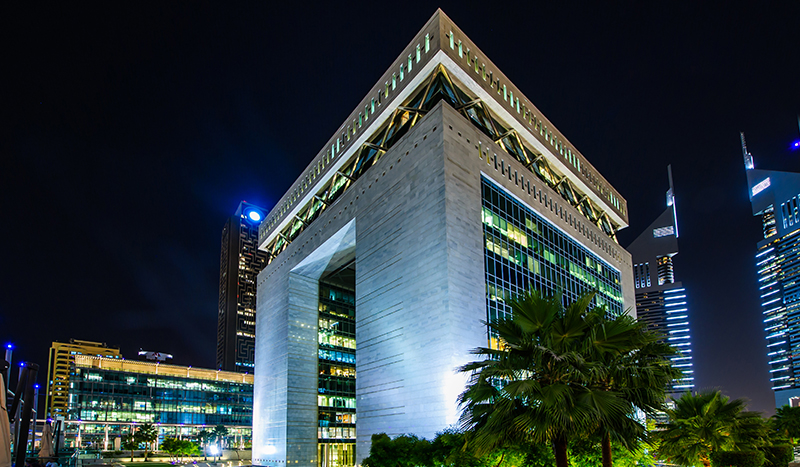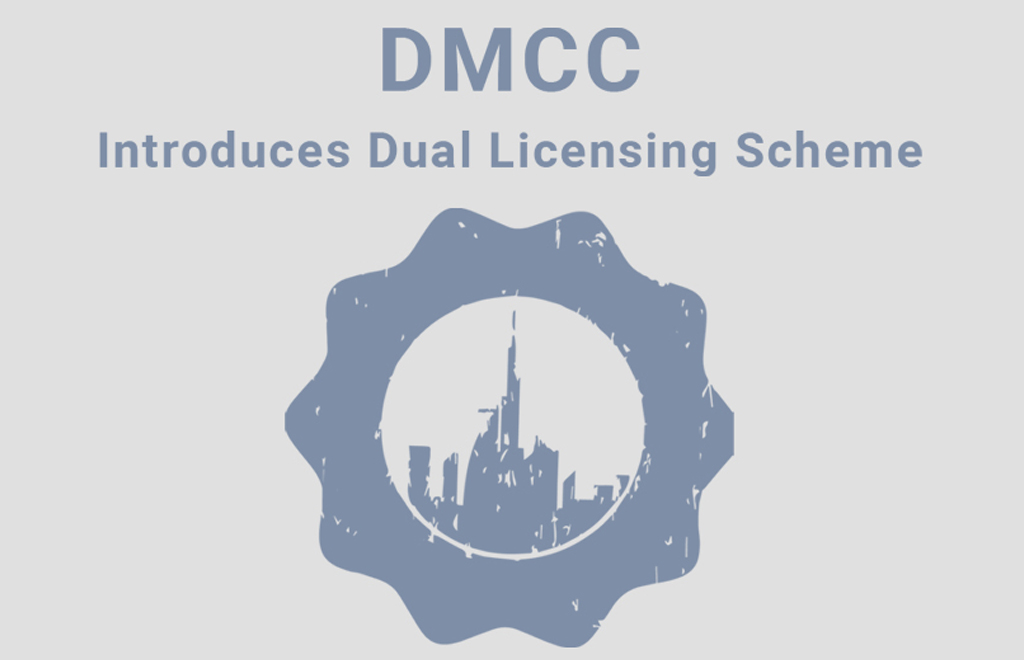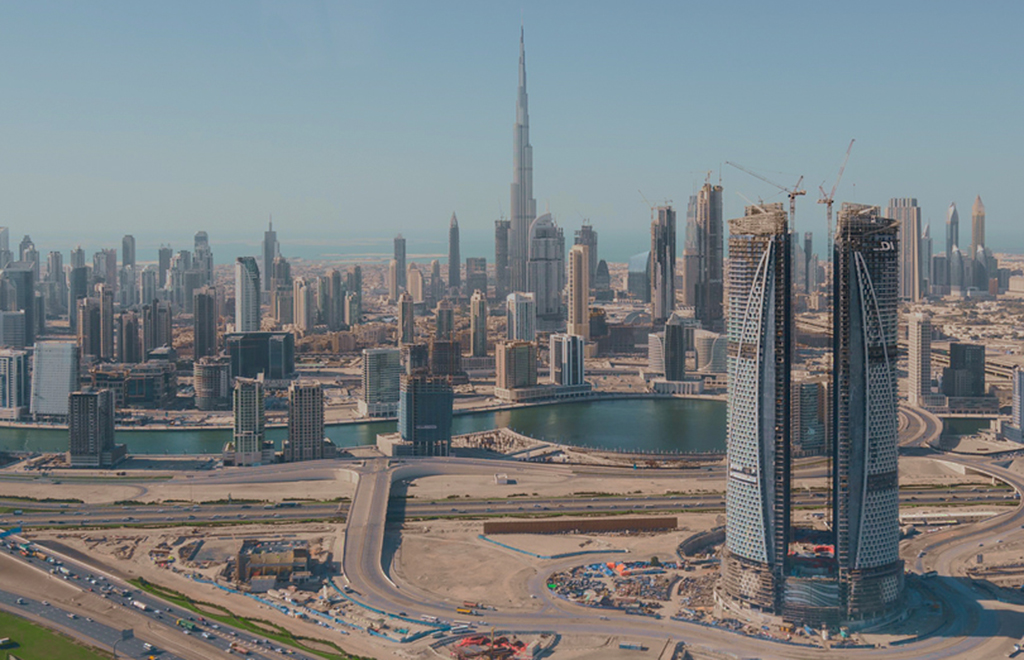Introduction:
Setting up a business in the United Arab Emirates (UAE) offers numerous advantages, including a strategic location, a strong economy, and a business-friendly environment. One of the key considerations when establishing a company in the UAE is choosing the right free zone. Free zones provide businesses with a range of incentives, such as tax exemptions, 100% foreign ownership, and simplified company registration processes. In this blog, we will explore the top ten free zones in the UAE, known for their exceptional facilities and benefits.
1. Dubai Multi Commodities Centre (DMCC)
As the largest and fastest-growing free zone in Dubai, DMCC offers a wide range of sectors, including commodities, technology, and professional services. With state-of-the-art infrastructure, business support services, and a strategic location, DMCC is an ideal choice for businesses of all sizes.
2. Meydan Freezone
Situated in the heart of Dubai, offers a strategic location for businesses looking to thrive in a dynamic economic environment. Known for its modern infrastructure and business-friendly policies, Meydan Freezone provides a range of amenities and support services tailored to meet diverse business needs. Whether in technology, finance, or logistics, Meydan Freezone fosters growth and innovation, making it a preferred choice for local and international enterprises alike.
3. Jebel Ali Free Zone (JAFZA)
JAFZA, one of the oldest and largest free zones in the Middle East, provides a strategic location and world-class infrastructure. It offers a diverse range of business activities and has a reputation for attracting large multinational corporations.
4. Dubai Silicon Oasis (DSO)
DSO is dedicated to technology and innovation-based industries, making it an ideal choice for IT companies, startups, and research institutions. It offers advanced infrastructure, research and development facilities, and incentives for tech companies.
4. Ras Al Khaimah Economic Zone (RAKEZ)
RAKEZ, located in Ras Al Khaimah, offers cost-effective setup options and a wide range of business sectors. It provides simplified procedures, making it attractive for startups and small to medium-sized enterprises (SMEs).
5. Abu Dhabi Global Market (ADGM)
ADGM is a leading international financial center in Abu Dhabi. It offers a robust regulatory framework, attractive tax benefits, and access to a global financial marketplace. ADGM is particularly suitable for companies in the financial and professional services sectors.
6. Hamriyah Free Zone (HFZ)
Located in Sharjah, HFZ provides competitive pricing, a strategic location, and a wide range of business activities. Its proximity to major seaports and airports makes it an ideal choice for companies involved in import-export and manufacturing.
7. Ajman Free Zone (AFZ)
AFZ, located in Ajman, offers cost-effective setup options, a strategic location, and a supportive business environment. It is particularly attractive for startups and small businesses looking for affordable yet well-connected free zone options.
8. Sharjah Airport International Free Zone (SAIF Zone)
SAIF Zone, situated in Sharjah, provides easy access to Sharjah International Airport. It offers a wide range of business activities, competitive pricing, and excellent connectivity, making it an ideal choice for companies involved in logistics and trading.
9. Fujairah Free Zone (FFZ)
FFZ, located in Fujairah, provides a strategic location and a business-friendly environment. It offers a range of business sectors, attracting companies looking to access the Indian Ocean markets and benefit from the region’s growing trade opportunities.
10. Umm Al Quwain Free Trade Zone (UAQ FTZ)
UAQ FTZ, situated in Umm Al Quwain, offers cost-effective setup options, a strategic location, and a range of business sectors. It is particularly popular among startups and SMEs due to its affordable pricing and supportive business environment.
Conclusion:
Choosing the best free zone for your business setup in the UAE is a crucial decision. Each of the top ten free zones mentioned above offers unique advantages, ranging from strategic locations to sector-specific benefits and world-class infrastructure. It is essential to thoroughly research and consider factors such as your business requirements, target market, and industry focus before making a decision. By selecting the right free zone, you can benefit from the incentives and support available, setting your business up for success in the dynamic UAE market.
Get in touch with one of our professional Business Setup Consultants who would be delighted to go through the options for you, to ensure that your specific business needs and goals are catered for and enabling you to make an informed decision for your business setup.
Contact us now at narisah@affiniax.com for more information.











